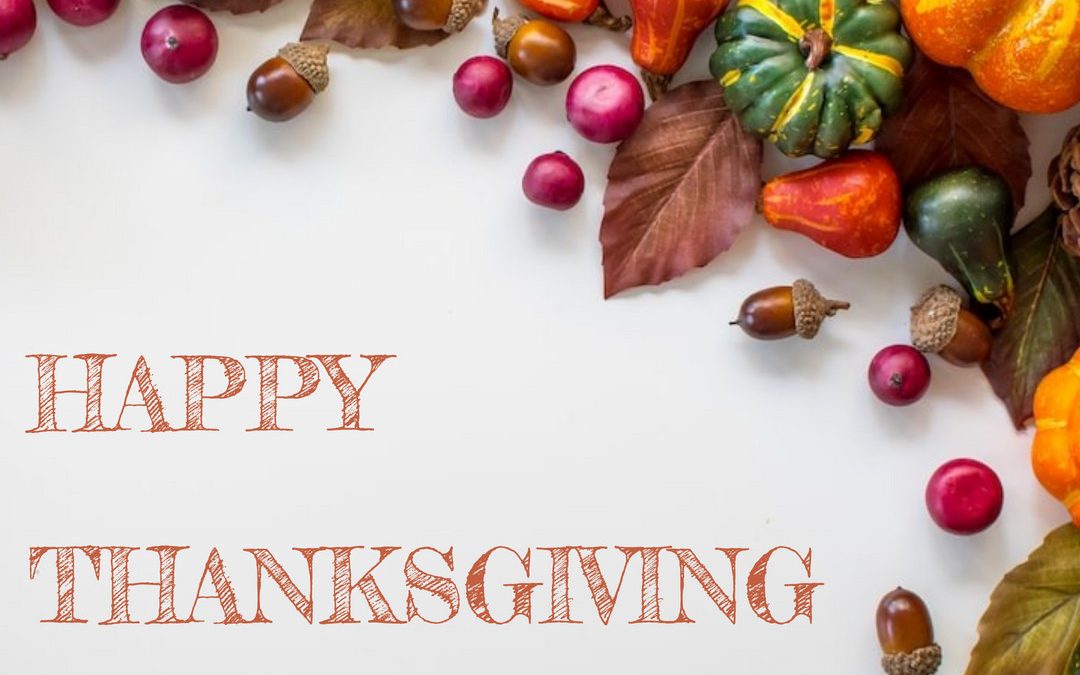
How to Prepare for a Happy Thanksgiving, Even When Family Tensions Are High
Thanksgiving is a time meant for gathering, gratitude, and joy, but it can also be stressful when family members are not getting along. You might have some relatives who refuse to come together, and that can cast a shadow on your holiday plans. It’s a reality many people face, but there are ways to prepare yourself mentally and emotionally to create a peaceful and happy day despite the challenges.
1. Let Go of Expectations
One of the biggest sources of stress is the expectation that Thanksgiving should look a certain way: everyone gathered around the table, smiling, and getting along perfectly. However, that’s not always realistic. Accepting that your holiday might not fit this ideal can free you from disappointment. Focus instead on creating meaningful moments with the people who are present and making the best of your time with them.
2. Acknowledge Your Feelings
If you feel sadness, frustration, or disappointment about the family members who aren’t attending, allow yourself to feel that. It’s normal to grieve the loss of an ideal family gathering. Once you acknowledge those feelings, you can release them instead of letting them linger and affect the rest of your day. This emotional release can create space for gratitude and joy.
3. Set Boundaries Early
Family dynamics can be complicated, especially during the holidays. It’s important to know your limits and be clear about them. If a particular conversation topic or behavior triggers conflict, kindly but firmly communicate those boundaries ahead of time. Let family members know what’s off-limits for discussion and what you need to feel comfortable with. It may feel uncomfortable at first, but it helps avoid unnecessary tension.
4. Consider Smaller Gatherings
If a large family gathering is unrealistic or could cause too much strain, consider hosting smaller, separate events. You could celebrate with one side of the family on Thanksgiving and another the day after, or host a smaller dinner with close relatives or friends. This can help everyone enjoy the holiday without the pressure of bringing together conflicting personalities.
5. Focus on Gratitude
Thanksgiving is all about gratitude, and you can still cultivate that, even in difficult circumstances. Shift your focus from what’s missing to what you have. Perhaps a few family members won’t be there, but who will be there? What moments or traditions can you still enjoy? By emphasizing gratitude, you can shift the energy of the day and feel more at peace.
6. Manage Your Own Emotions
It’s easy to let other people’s behaviors dictate how you feel, but remember: you are in control of your own emotional experience. If family members choose not to attend or if there’s unresolved tension, that doesn’t mean your holiday has to be ruined. Practice grounding techniques such as deep breathing, mindfulness, or journaling to stay centered, calm, and in control of your reactions.
7. Create New Traditions
If family members aren’t attending due to conflict, consider starting new traditions that reflect the current situation. You might plan a fun activity with the family or friends who are present, such as a gratitude walk, a board game night, or a group reflection on what you’re thankful for. Embracing new traditions can reduce the focus on what’s missing and add joy to the day.
8. Seek Support if Needed
If family tensions are particularly high, it’s okay to seek support. Reach out to a friend or a coach to talk through your feelings. Sometimes, an outside perspective can help you see things differently and provide tools to navigate the situation. Don’t hesitate to prioritize your own well-being, even if it means leaning on someone else for support.
9. Embrace Imperfection
At the end of the day, no family is perfect, and no holiday has to be either. The most important thing is that you approach the day with an open heart and the intention to create peace and joy, even if things don’t go as planned. The holidays are an opportunity for growth, reflection, and healing—even when they look different than expected.
Navigating family conflict during the holidays can be tough, but with some preparation, boundaries, and a focus on gratitude, you can create a Thanksgiving that’s meaningful and happy. Remember, it’s not about the perfect family gathering—it’s about appreciating what you have and making the best of the moment.


